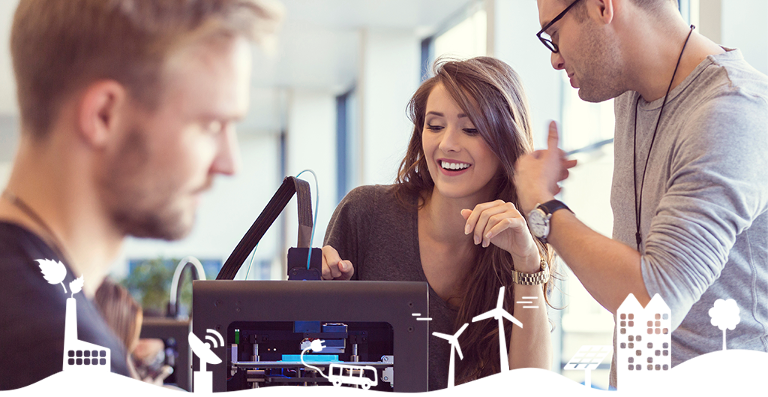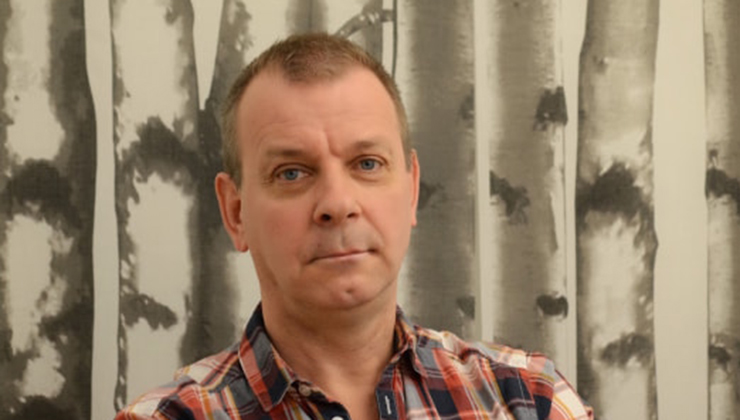

Biofuel Region elected to the EU’s Bioeconomy Panel
Magnus Matisons from BioFuel Region has been chosen to represent the region’s bioeconomy interests in the EU’s Bioeconomy Panel. This nomination offers the opportunity to highlight our region’s unique conditions for bioeconomy development.
It is a multidisciplinary panel with the task of developing the EU’s work with bioeconomy. The first meeting will take place in Brussels as early as June. The panel will meet four times a year to review the EU’s economic strategy with the focus on bioeconomy and related areas.
“Bioeconomy is expected to be the next trend in the economy after the fossil fuel economy. We will now instead use renewable natural resources to produce bio based products, nutrition, energy and services. Thanks to the abundant forest resources, competence and industrial strengths, Sweden has excellent preconditions to be the world’s pioneer in bioeconomy” says Magnus Matisons, BioFuel Region.
Facts: European Bioeconomy Panel
The Bioeconomy Panel is composed of 25 – 30 representatives of civil society, NGO’s, industry, media, local and regional authorities, institutions and organisations. In the bioeconomy strategy “Innovating for Sustainable Growth: A Bioeconomy for Europe” published on 13 February 2012, the European Commission highlighted the need for a Bioeconomy Panel. The overall aim of the Bioeconomy Panel is to enhance synergies and coherence between policies, initiatives and economic sectors related to the bioeconomy at EU level, linking with existing mechanisms.
The mandate of the Bioeconomy Panels is to:
- Monitor and reflect on the implementation of the Bioeconomy Strategy in a systematic manner, with the aim to reinforce interaction between policies, initiatives and economic sectors related to the bioeconomy;
- Suggest and foster European joint actions and measures in the domain of bioeconomy;
- Encourage the creation of bioeconomy stakeholder panels at national and regional level. Support initiatives at national and regional level, in particular for the exchange of best-practices between new and established national and regional bioeconomy strategies will be encouraged;
- Foster collaboration between all stakeholders in the domain of the bioeconomy, to identify future actions of common interest, for example with regard to research funding and public policy.
For more information, please contact Magnus Matisons, project leader for Bioeconomy, BioFuel Region External link, opens in new window.
External link, opens in new window.








